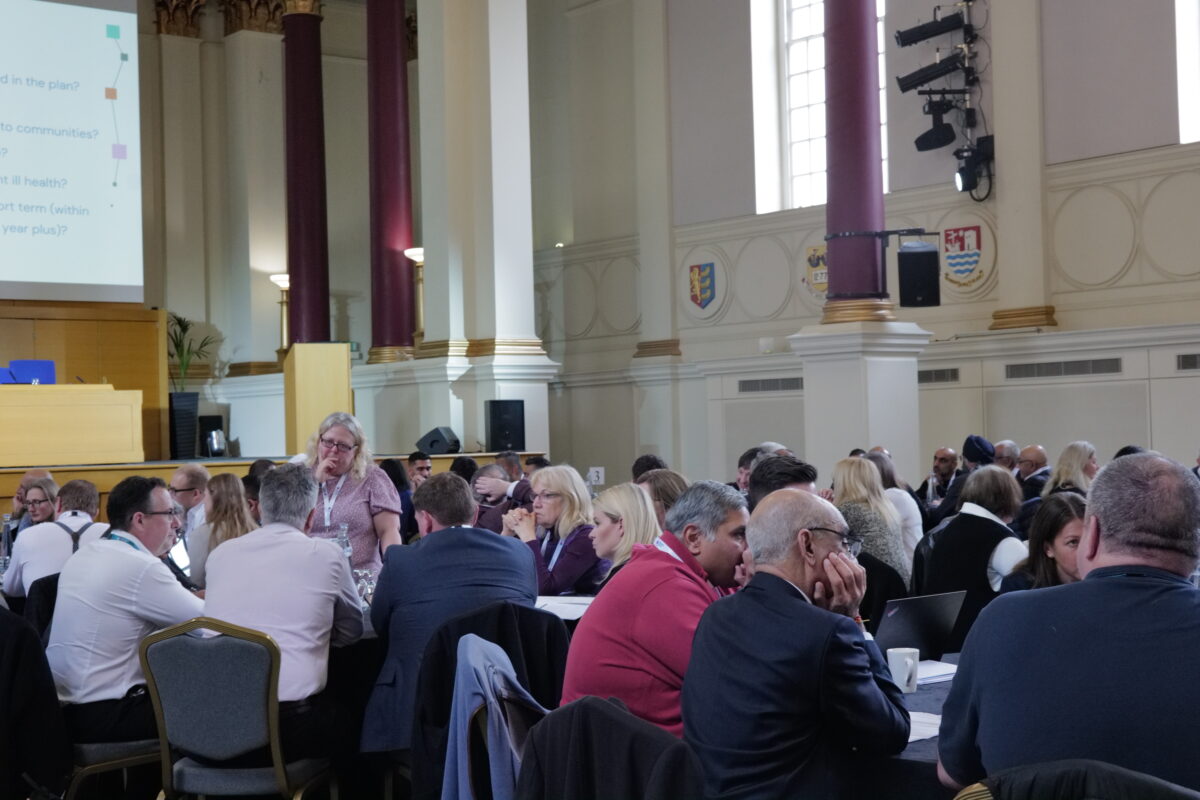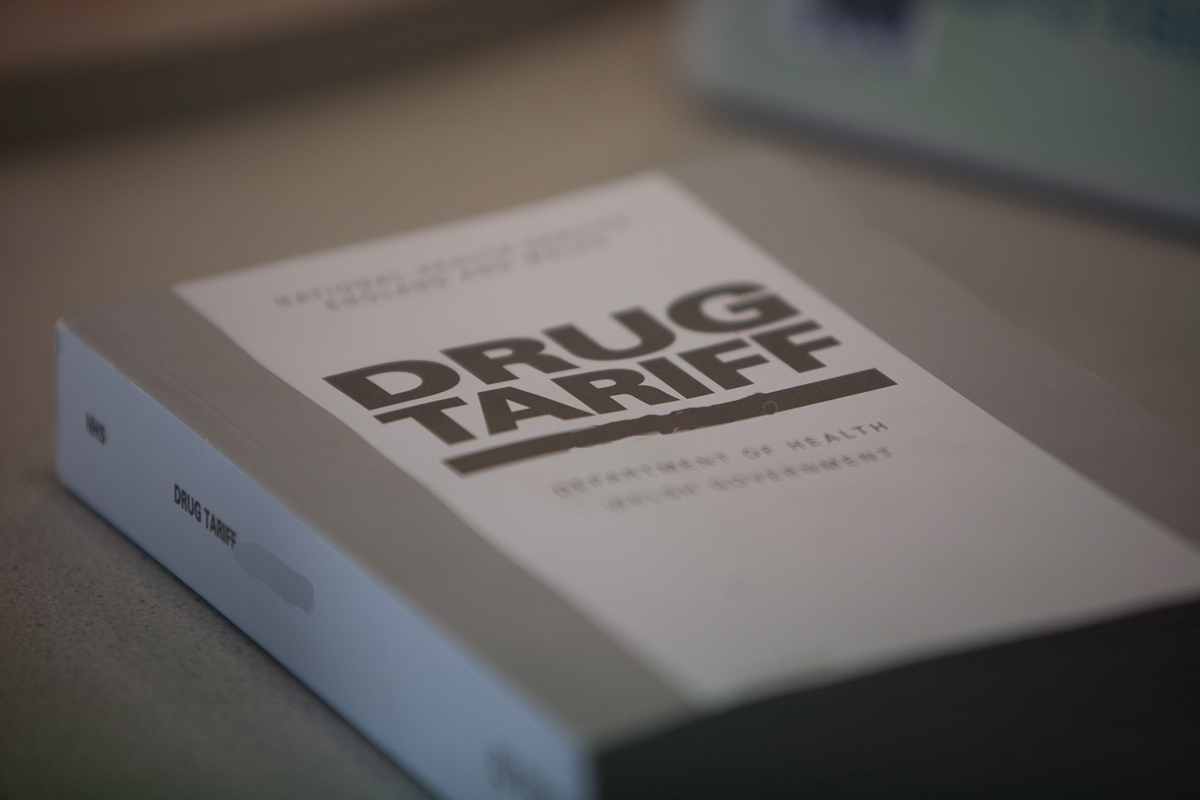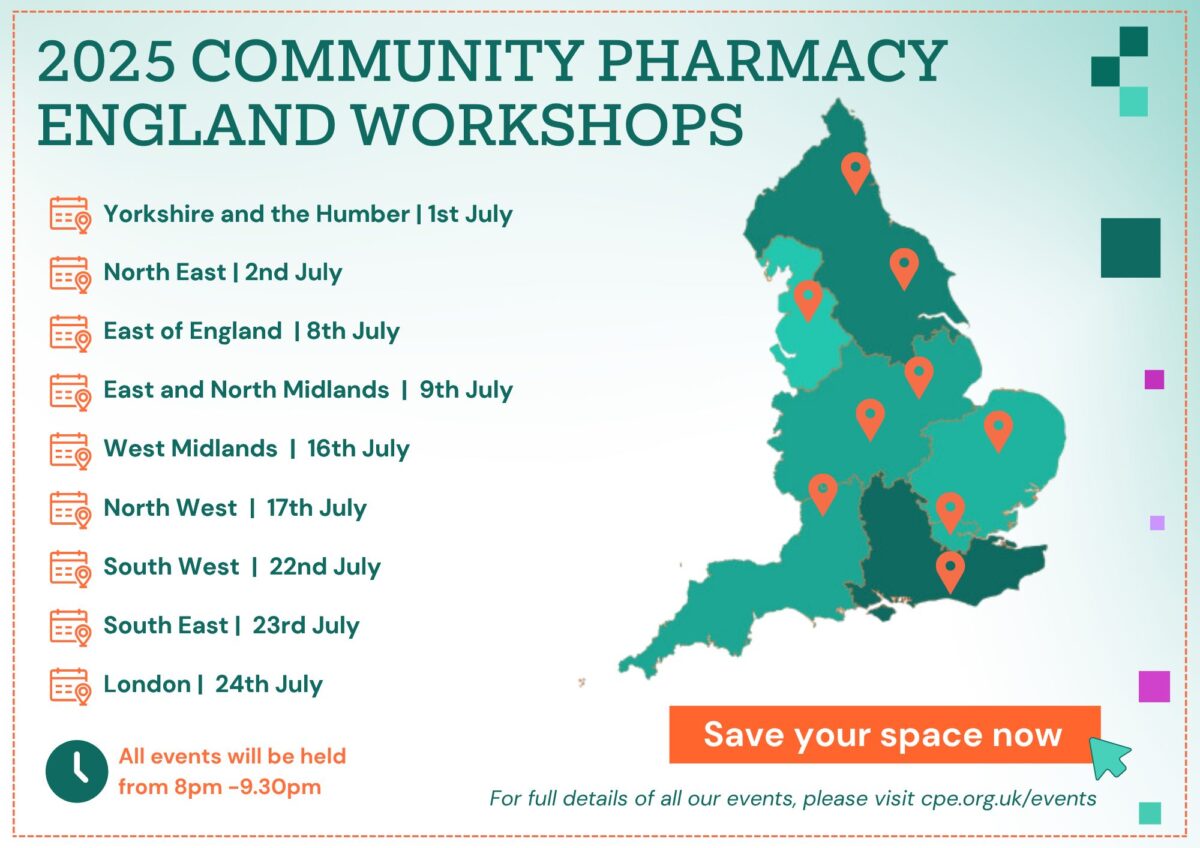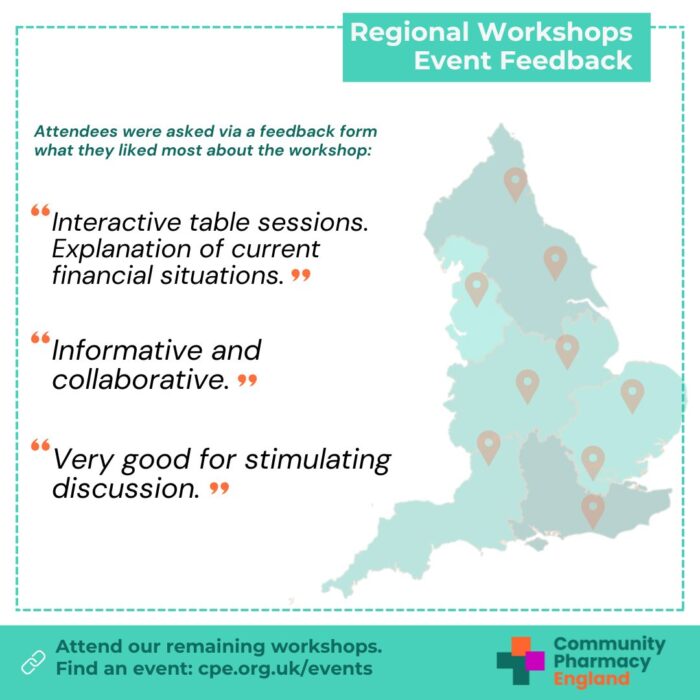Pharmacy First myth busting series (#4)
This is the fourth of a series of articles to tackle some of the misconceptions around Pharmacy First. The articles will cover a variety of aspects of Pharmacy First and aims to myth bust, to increase understanding of the service.
Patients with only certain minor illnesses can be electronically referred for the minor illness strand of Pharmacy First.
Wrong! While the service specification does include a list of minor illness symptom groups identified for referral to a community pharmacist for the minor illness strand of the service; it is important to note that this list is not exhaustive.
Therefore, if an electronic referral is received for a minor illness that is not included in the list, for example, a verruca or chickenpox, this is not a reason to reject the referral and these patients can be seen under the Minor illness strand of the service.
Minor illness consultations are no longer a part of Pharmacy First.
Wrong! The minor illness strand of the Community Pharmacist Consultation Service (CPCS) remained when the service became Pharmacy First. Therefore, GPs can still refer patients for a minor illness consultation with a pharmacist, as was the case for CPCS.
I can provide clinical pathway consultations remotely via telephone.
Wrong! Where it is clinically appropriate to do so, minor illness consultations (referrals) and urgent medicines supply consultations (referrals) can be undertaken via telephone/audio or video consultation by a pharmacist who is on the pharmacy premises.
Similarly, where it is safe to do so, clinical pathways consultations can be conducted via good quality video consultation by a pharmacist who is on the pharmacy premises. However, remote clinical pathways consultations can only be provided via a good quality video consultation – they cannot be provided by a telephone/audio consultation.
I can supply a patient with an OTC medicine as part of a minor illness consultation.
Wrong! The outcome of referrals received in relation to low acuity conditions / minor illness may include giving self-care advice and support, the sale of OTC medicines, referral to locally commissioned pharmacy services, referral to the patient’s GP or relevant GP OOH service, or general signposting to other appropriate services (including other health professionals). Therefore, patients may have to purchase an OTC medicine if no locally commissioned minor ailments service exists.
View the first article on Pharmacy First myth busting
View the second article on Pharmacy First myth busting
View the third article on Pharmacy First myth busting








